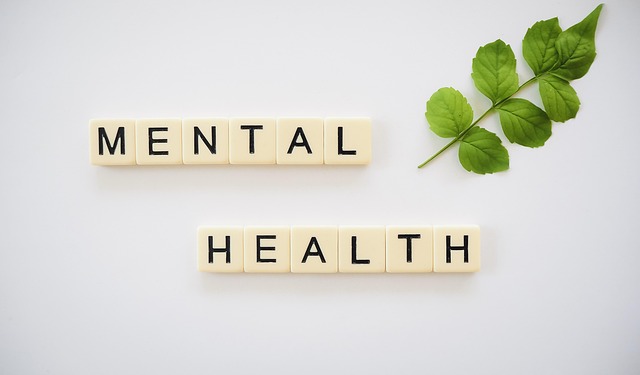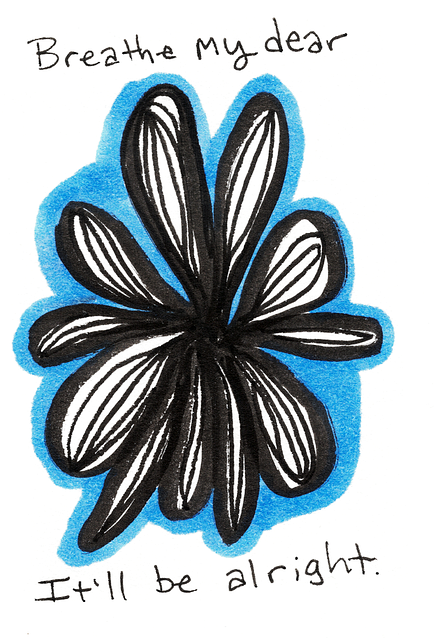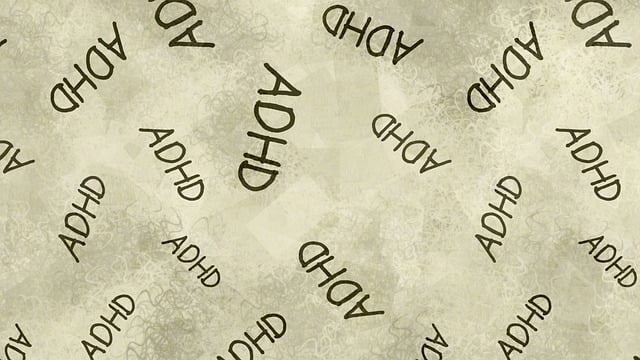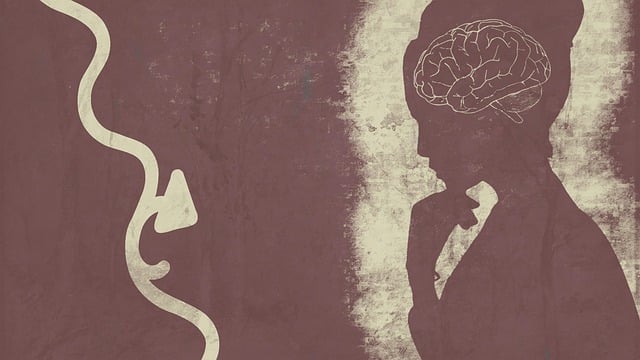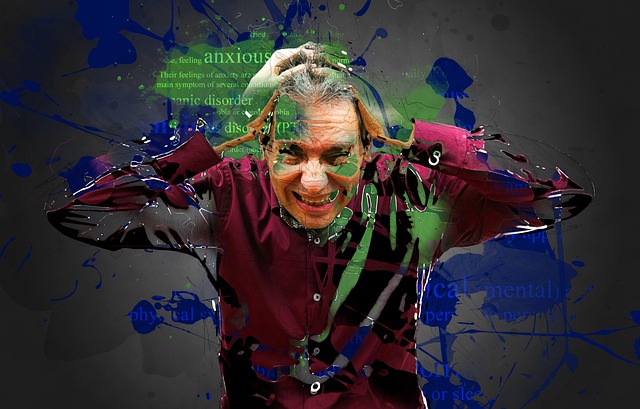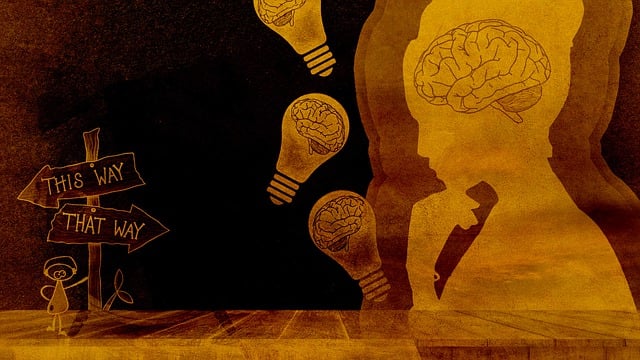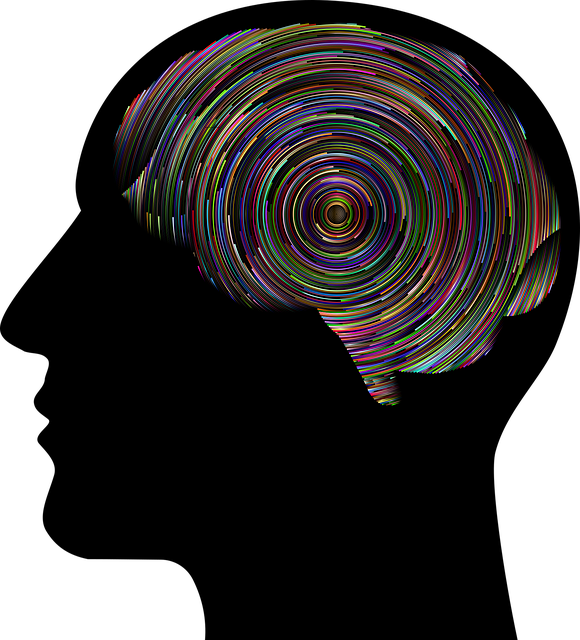Loss and grief are deeply personal experiences, with the five stages of grief model offering a framework but not a strict timeline. Counseling is key for navigating these processes, providing safe spaces to process feelings and adapt to life changes. Therapies like Littleton Panic Disorder and Anxiety Attacks Therapy help those struggling with complex grief or anxiety related to loss, enhancing emotional intelligence and resilience. Mental health policies, self-care routines, and cognitive-behavioral therapy (CBT) also play crucial roles in managing bereavement's mental health challenges, fostering understanding, and preventing conditions like Littleton Panic Disorder.
Loss, grief, and bereavement are profound experiences that can significantly impact an individual’s mental health. This comprehensive guide explores these complex emotions, offering insights into their effects on well-being. We delve into therapeutic strategies, including specialized therapy for Littleton Panic Disorder and Anxiety Attacks stemming from bereavement. Through understanding and supportive counseling, individuals can navigate their grief journey, find healing, and regain a sense of control over their lives.
- Understanding Loss, Grief, and Bereavement: A Comprehensive Overview
- The Impact of Loss on Mental Health: Recognizing Signs and Symptoms
- Therapeutic Approaches for Littleton Panic Disorder and Anxiety Attacks in the Context of Bereavement
- Strategies for Coping and Healing: Empowering Individuals Through Supportive Counseling
Understanding Loss, Grief, and Bereavement: A Comprehensive Overview

Loss, grief, and bereavement are deeply personal experiences that vary widely from one individual to another. Understanding these processes is crucial for anyone looking to offer support or seek counseling. When a loved one passes away, individuals often go through multiple stages of mourning, including shock, denial, anger, bargaining, depression, and acceptance, as popularized by the five stages of grief model. These stages are not linear; people may experience them in different orders or revisit previous phases.
Counseling plays a vital role in navigating loss, grief, and bereavement. It provides a safe space for individuals to process their emotions, remember their loved ones, and adapt to life without them. For those dealing with complex grief or experiencing anxiety and panic attacks related to the loss, therapies like Littleton Panic Disorder and Anxiety Attacks Therapy can be immensely helpful. Incorporating practices such as Mental Health Policy Analysis and Advocacy, Emotional Intelligence, and Self-Care Routine Development for Better Mental Health can further enhance the healing process and promote resilience during these challenging times.
The Impact of Loss on Mental Health: Recognizing Signs and Symptoms

The impact of loss can significantly affect an individual’s mental health, often leading to complex emotions and challenges. When a person experiences the death of a loved one or faces a major life change, such as divorce or job loss, it can trigger a range of symptoms that may indicate a deeper issue. Recognizing these signs is crucial for effective support and treatment.
Commonly, individuals might experience intense feelings of sadness, anxiety, and loneliness, which could manifest as panic attacks or heightened irritability. These emotional responses are natural components of the grieving process, but when they persist and interfere with daily functioning, it may signal a need for professional help. Mental health professionals in Littleton can offer specialized therapy, such as that for panic disorder and anxiety attacks, to support individuals navigating these difficult emotions. Effective counseling strategies can enhance emotional intelligence, enabling individuals to manage their mental health proactively. Moreover, understanding the impact of loss is essential in risk management planning for professionals, who must be equipped to recognize and address potential mental health concerns among clients.
Therapeutic Approaches for Littleton Panic Disorder and Anxiety Attacks in the Context of Bereavement

Bereavement is a complex process that can lead to various mental health challenges, including Littleton Panic Disorder and Anxiety Attacks. Therapeutic approaches designed for these conditions play a crucial role in helping individuals navigate their grief. Cognitive-Behavioral Therapy (CBT) is a widely recognized method for managing anxiety disorders, offering practical tools to challenge negative thoughts and change behaviors associated with panic attacks. In the context of bereavement, CBT can be tailored to address specific anxieties related to loss, helping clients face triggers and develop coping strategies.
Stress Reduction Methods, such as mindfulness and relaxation techniques, are integral components of these therapy sessions. By teaching individuals how to manage stress effectively, counselors empower them to prevent depression and promote mental resilience during challenging times. Additionally, Mental Health Education Programs Design tailored for bereavement can provide valuable insights into the grieving process, fostering self-compassion and helping clients understand their emotional responses.
Strategies for Coping and Healing: Empowering Individuals Through Supportive Counseling

Counseling plays a pivotal role in empowering individuals to cope with loss, grief, and bereavement. Through supportive therapy sessions, clients can navigate their emotional healing processes, gaining valuable tools to manage intense feelings like anxiety and panic attacks often associated with such traumatic experiences. This therapeutic approach is particularly effective for those struggling with Littleton Panic Disorder and Anxiety Attacks Therapy, offering a safe space to express their emotions without judgment.
The process involves exploring personal coping mechanisms, understanding cultural competencies through Healthcare Provider Cultural Competency Training, and integrating various mental wellness practices. Many counseling centers now incorporate innovative methods like the production of Mental Wellness Podcast Series to cater to diverse learning styles. These strategies collectively contribute to a holistic approach, fostering emotional resilience and supporting individuals in their journey towards healing and restoration.
Loss, grief, and bereavement can profoundly impact an individual’s mental health, leading to conditions such as Littleton Panic Disorder and Anxiety Attacks. Understanding these emotions and their effects is crucial for seeking effective therapeutic approaches like counseling. By recognizing signs and implementing coping strategies discussed in this article—including supportive counseling for Littleton Panic Disorder and Anxiety Attacks—individuals can navigate the healing process, fostering resilience and emotional well-being.
